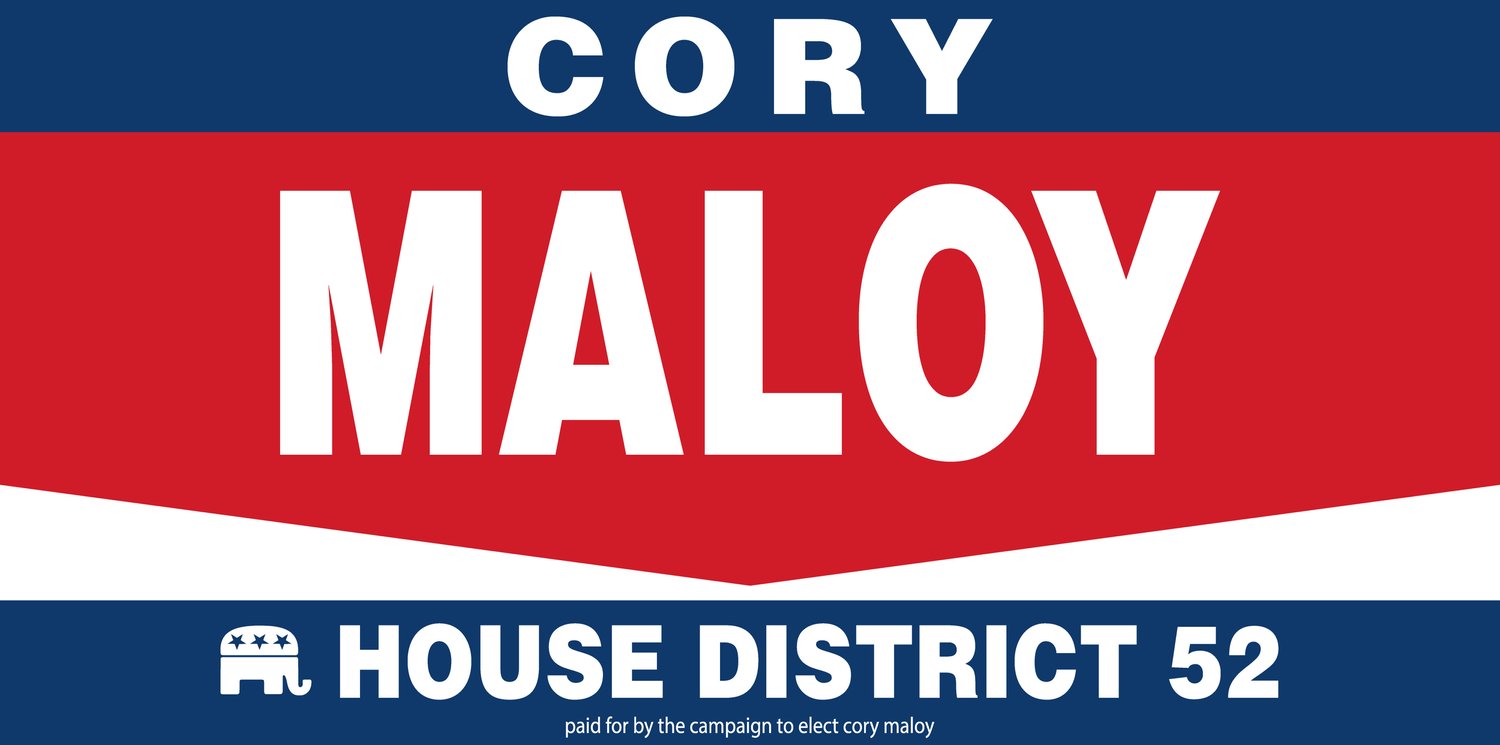Utah Tax Reform 2019 – $160 million tax reduction
2019 will be known as the year for Tax Reform in the State of Utah. A more accurate term is tax-restructure. Governor Herbert called the Legislature into Special Session to address the new tax-restructure bill on Thursday, Dec. 12, at 5:00 pm.
Why is this an Issue?
The whole process began with the necessity to fix imbalances in the sources of funding for the state's budget. Income tax, which is mandated by the Utah Constitution to fund education, provides a healthy dose of revenue – even surplus – while the sales tax that funds the general fund has struggled to keep up with the state's obligations. This created a situation that could make it difficult to keep operating the state in the black and balance the budget.
The proposed bill aims to solve the restructuring issue while providing a significant tax reduction with other tax relief options for Utahns. It promises one of the most substantial tax reductions in Utah history – $160 million overall.
Here is an update of the tax bill and proposal developed by the Tax Restructuring and Equalization Task Force, which they passed out of their five-hour committee meeting Monday night:
Tax Decreases:
Income tax reduction – from the current 4.95% to 4.66% for individuals and corporations ($344.5 million cut).
Grocery tax credit – $125 per family member up to 4, $50 for each additional member depending on income level ($135 million cut).
Dependent exemptions – expand the exemption from $565 to $2,500 ($132 million cut).
Tax credit for social cecurity income – provide a tax credit for those with social security income ($18 million cut).
State earned income credit – 10% of the federal credit amount for those classified as intergenerational poverty ($6 million cut).
New sales tax exemptions – no sales tax on menstrual products and other areas ($5 million cut).
Total of all reductions: $640.5 million
Tax Increases:
Unprepared food – restores sales tax rate on unprepared food to 4.85%. ($250 million increase)
Excise tax on diesel – creates a new excise tax on diesel of .06 per gallon. ($170 million increase).
Sales tax on services – tangible personal property; pet boarding, grooming and daycare services; personal transportation services (peer to peer ride sharing; towing; parking lots and garages; dating services; identity protection; streaming media; shipping as part of a taxable product; electronic monitoring of property ($43 million increase).
Repeal several sales tax exemptions – electricity to ski resorts; temp. vehicles for sporting events; admissions to college athletic events; textbooks purchased by a student (some exceptions); Unassisted cleaning of tangible personal property (some exceptions); vending machine food (exceptions); certain car washes; sales to a public transit district; fuel sold to a railroad for locomotives; newspapers and subscriptions; and other modifications ($13 million increase).
Vehicle rental tax – a change from 2.5% to 4 % ($4.5 million increase).
Total of all increases: $480.5 million
$640.5 million (Decreases) - $480.5 million (Increases) = $160 million tax reduction
On Thursday, I, along with all legislators, will vote to either pass or stop this bill. I believe that there are good and bad items within the bill, but with everything considered, Utah taxpayers will pay less in taxes overall in the coming years than they do now. By all appearances, the tax decreases will more than offset increases – some (based on family size or income level) will benefit more than others, but everyone should benefit from tax reductions.
I have not yet made a final decision on how I plan to vote for this bill, but my approach to this bill will be the same as all bills. I will make my choice based on what is best for the people of Utah. As it relates to taxes, here is what I've always said and published about my principals to tax policy and how I will approach this critical issue: “I agree with the Republican platform: taxation should be as equitable, simple and minimal as possible. I support better utilization of all collected tax revenue and search for ways to efficiently utilize current revenue.”
This post is just a brief overview of the bill. There are other essential items to look at, such as higher education funding coming out of the education budget income tax and into the general fund, which will leave more money for K-12 education. I encourage you to look at the bill summary along with the bill itself to see. My main objective here is to show how the bill will impact you – the people of Utah.
Please feel free to contact me to discuss or ask questions.
Read a summary of the bill with line references here:
